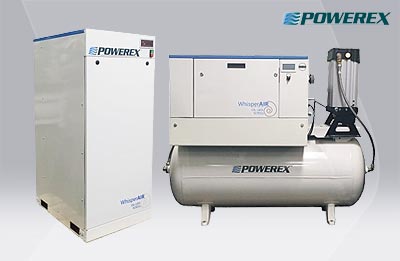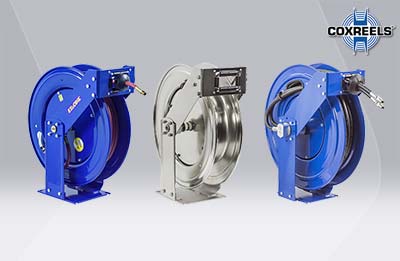3"(76mm) – 6"(168mm) Installation Instructions
< Back to Previous Page
Installation Guidelines
1. Transair pipe and hoses: Transair pipe should be protected from
mechanical impact, particularly if exposed to collision with fork-lift trucks
or when sited in an environment with moving overhead loads. Similarly,
rotation of the pipe and pipe supports should be avoided. Transair pipe
must not be welded.
2. Expansion and contraction: Expansion and contraction of the system
should be calculated prior to installation. The system designer and installer
should calculate the elongation or retraction of each Transair line
according to the recommendations in this installation guide.
3. Situation to avoid: Installation within a solid mass (concrete, foam, etc.),
the hanging of any external equipment to Transair pipe, the use of Transair
for grounding or as a support for electrical equipment, and exposure to
chemicals that are incompatible.
4. When assembling Transair connectors, do not interchange the nuts
with different Transair bodies due to our calibration process.
Tools
Click Here for the Tools Page
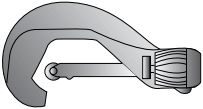 Pipe cutter for aluminum pipe ref.
Pipe cutter for aluminum pipe ref.6698 03 01 (3") or
EW08 00 03 (4" - 6")
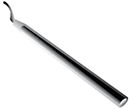 Deburring tool for aluminum pipe
Deburring tool for aluminum piperef. 6698 04 02
 Portable tool kit
Portable tool kit ref. EW01 00 02
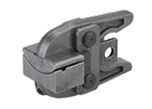 Pipe forming jaw set
Pipe forming jaw setref. EW02 L1 00 (3")
EW02 L3 00 (4")
EW02 L8 00 (6")
Procedure

place the pipe in the pipe cutter position the blade onto the pipe - rotate the pipe cutter around the pipe while gently tightening the wheel.


Open the retaining pin at the front of the machine by pressing the jaw release button.

Lock in position by closing the retaining pin




Min. number of lugs:
Ø 3" (5 lugs)
Ø 4" (6 lugs)
Ø 6" (10 lugs)
Do not overlap the lugs!
Connection







Disconnection
To disconnect, perform the same operations in reverse order.
Back to Main Training Page
Also Available from mdi
 |
TransairAluminumPipe.com is owned and operated by mdi, Manufacturers Distributor, Inc. mdi is an Authorized Parker Transair Piping System Distributor. Click Here to view the mdi Line Sheet. |
